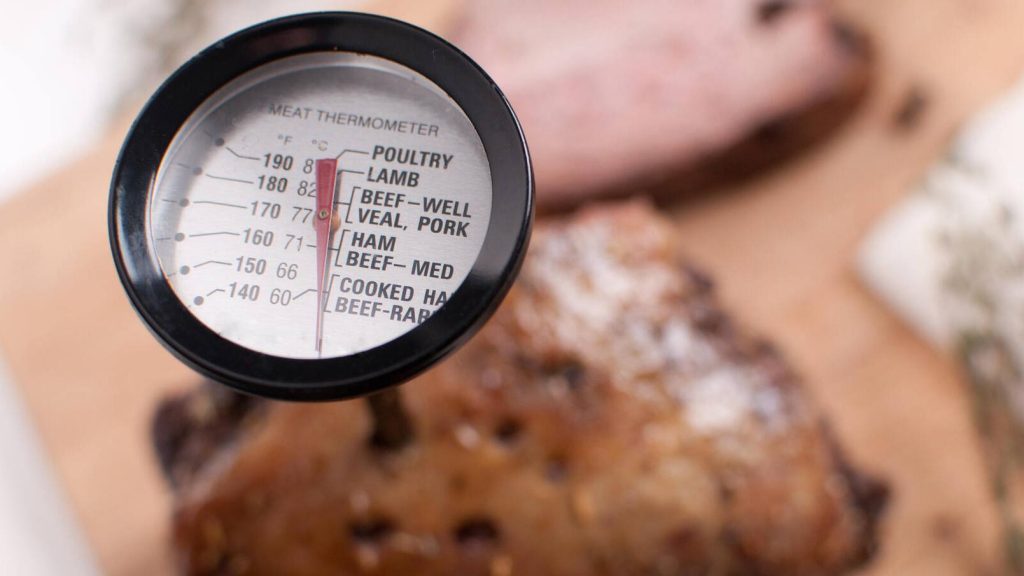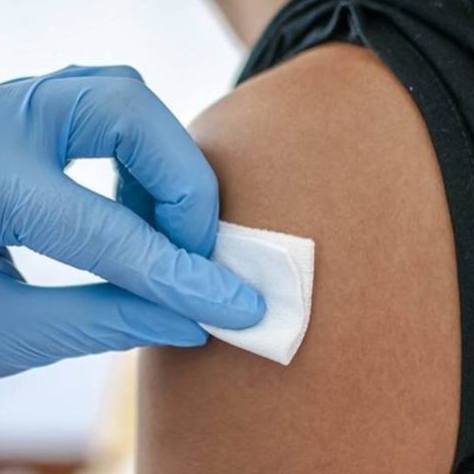Nearly 10 million pounds of meat and poultry products are being recalled because of possible listeria contamination, according to the U.S. Department of Agriculture's Food Safety and Inspection Service.
In this Mayo Clinic Minute, Dr. Nipunie Rajapakse, a pediatric infectious diseases physician, explains the risks associated with listeria and how to best avoid foodborne illness.
Journalists: Broadcast-quality video (1:03) is in the downloads at the end of this post. Please "Courtesy: Mayo Clinic News Network." Read the script.
Eating certain foods, like undercooked meat and poultry, can make you sick. They might be contaminated with bacteria like salmonella or E. coli. That’s why cooking food to a proper temperature and avoiding cross-contamination is so important.

But what about dairy products like cheese and ice cream? Products made with raw milk can sometimes carry harmful germs including listeria.
“Listeria is a type of bacteria that is usually transmitted through food and food products. It is especially a concern if you're pregnant, if you're elderly or if you have a weakened immune system for some reason,” says Dr. Rajapakse.
It’s not just soft serve that’s causing listeria illness.
“If you look at all the outbreaks that have been reported in the last few years, there's really a wide variety of different foods, including some foods that we would think of as being quite healthy.”
Outbreaks are reported to the CDC. You can view the latest on their website.
Related posts:
Related Articles







